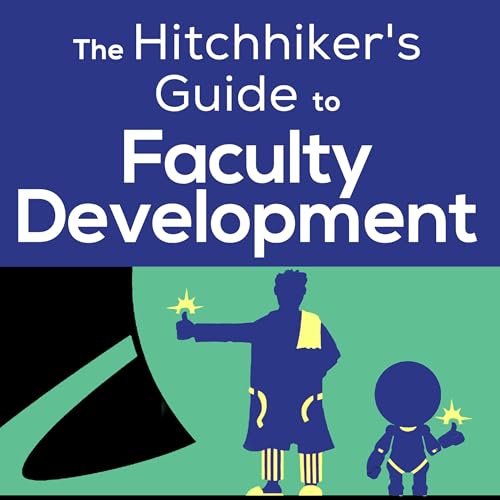
19 - Skills for life: Rethinking employability in higher education
Échec de l'ajout au panier.
Échec de l'ajout à la liste d'envies.
Échec de la suppression de la liste d’envies.
Échec du suivi du balado
Ne plus suivre le balado a échoué
-
Narrateur(s):
-
Auteur(s):
À propos de cet audio
In this episode, we explore the crucial topic of employability in higher education, particularly in health and social care programmes. Charley shares her insights on why employability matters and how it can be integrated into the curriculum.
We talk about the role of employability in professional programmes, bridging the gap between academic learning and professional skills, preparing students for lifelong career development, building resilience in future health and social care professionals, integrating employability skills into existing curricula, collaboration with central careers and employability teams, and the impact of employability initiatives on graduate outcomes.
Charley really emphasises the idea that employability goes beyond preparing students for their first job and is more about equipping them with skills for lifelong career development. In this context, there's a clear distinction between preparing students for professional destinations and developing broader employability skills.
Key takeaways:
- Employability is about developing holistic, lifelong skills, not just securing the first job after graduation.
- Integrating employability into curricula doesn't have to mean adding content; it's often about recognising and articulating existing skill development.
- Collaboration with central careers teams can provide valuable resources and support for embedding employability in programs.
- Employability initiatives can have a positive impact on graduate outcomes and align with institutional strategies.
- Developing self-awareness, confidence, and resilience is crucial for long-term career success in demanding sectors like health and social care.
- Employability skills such as communication, teamwork, and adaptability are highly valued by employers and should be emphasised throughout the curriculum.
- Encouraging students to recognise their unique attributes and values can help them find better fits in their professional roles and increase job satisfaction.


